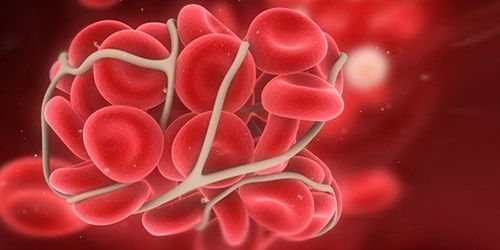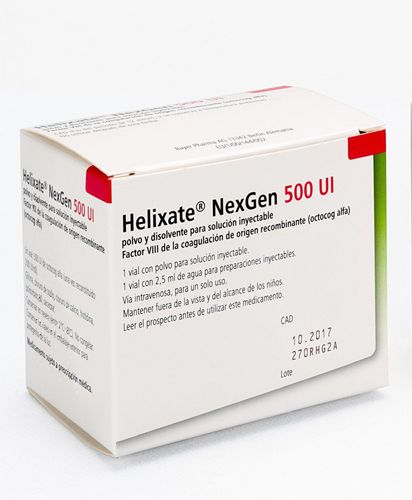This is an automatically translated article.
Anticoagulants work to help prevent dangerous blood clots from forming in the blood vessels. Anticoagulant injections during pregnancy are necessary for pregnant women with coagulopathy syndrome. Pregnant women will be prescribed anticoagulant treatment during pregnancy and also after delivery.
1. The effect of anticoagulant injection during pregnancy
If pregnant women have antiphospholipid antibody syndrome, which belongs to the group of hypercoagulation disorders, they will be at risk of facing complications during pregnancy such as:
Fetal growth retardation, low birth weight babies and smaller than normal. Placental failure leads to babies born with disabilities. Preeclampsia, premature birth or miscarriage. Therefore, the mother needs antenatal care for early detection and timely treatment of coagulopathy during pregnancy. To treat coagulopathy, pregnant women are given an anticoagulant called Heparin (including 2 types, normal heparin and low molecular weight heparin). This is a drug with rapid anticoagulant effect, used in the treatment and prevention of diseases related to thrombosis.

Nguy cơ sinh non
2. Injecting anticoagulants during pregnancy with whom?
Women in the following groups have a higher than normal risk of hypercoagulability:
Unexplained repeated miscarriages (about 3 to 5 times), before or after the 10th week of pregnancy. Still pregnant. Preeclampsia leads to premature delivery before 34 weeks of pregnancy. Blood clots during pregnancy. If the pregnant mother has ever had problems related to blood clotting or has a family member with blood clotting disease, she should talk to her doctor for advice on testing for blood clotting. prescribe anticoagulant treatment if necessary to ensure the health of mother and baby.

Sản phụ bị đông máu khi mang thai
In addition, here are some signs that a pregnant mother needs to know to know if she has problems related to blood clotting, because this syndrome often causes no specific symptoms:
Blood clots Deep veins of the lower extremities cause swelling, pain, and redness in the area of blood clotting. Cerebral venous thrombosis causes headache, blurred vision, convulsions. Pulmonary congestion causes dizziness, shortness of breath, coughing up blood, arrhythmia, chest pain.
Injecting anticoagulants during pregnancy for pregnant women with hypercoagulability to prevent complications caused by coagulopathy. Women in the above group need to pay attention to take this measure to ensure a safe pregnancy. If you have unusual symptoms, you should be examined and consulted with a specialist.
Please dial HOTLINE for more information or register for an appointment HERE. Download MyVinmec app to make appointments faster and to manage your bookings easily.













